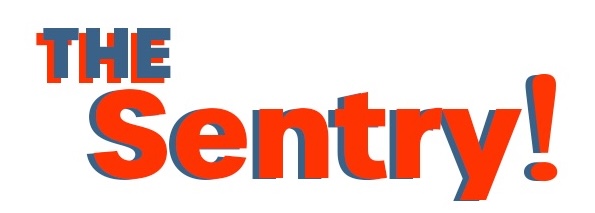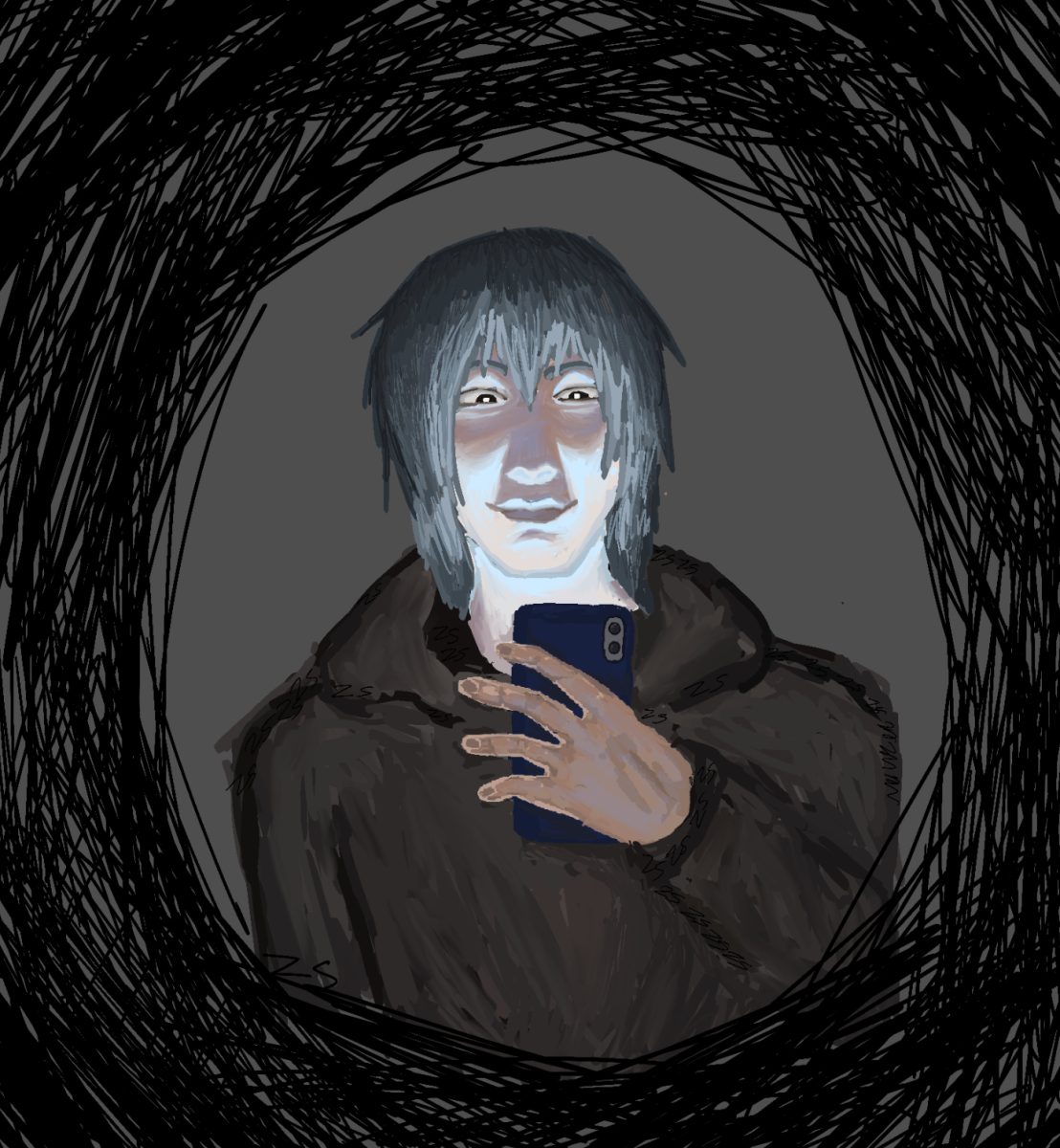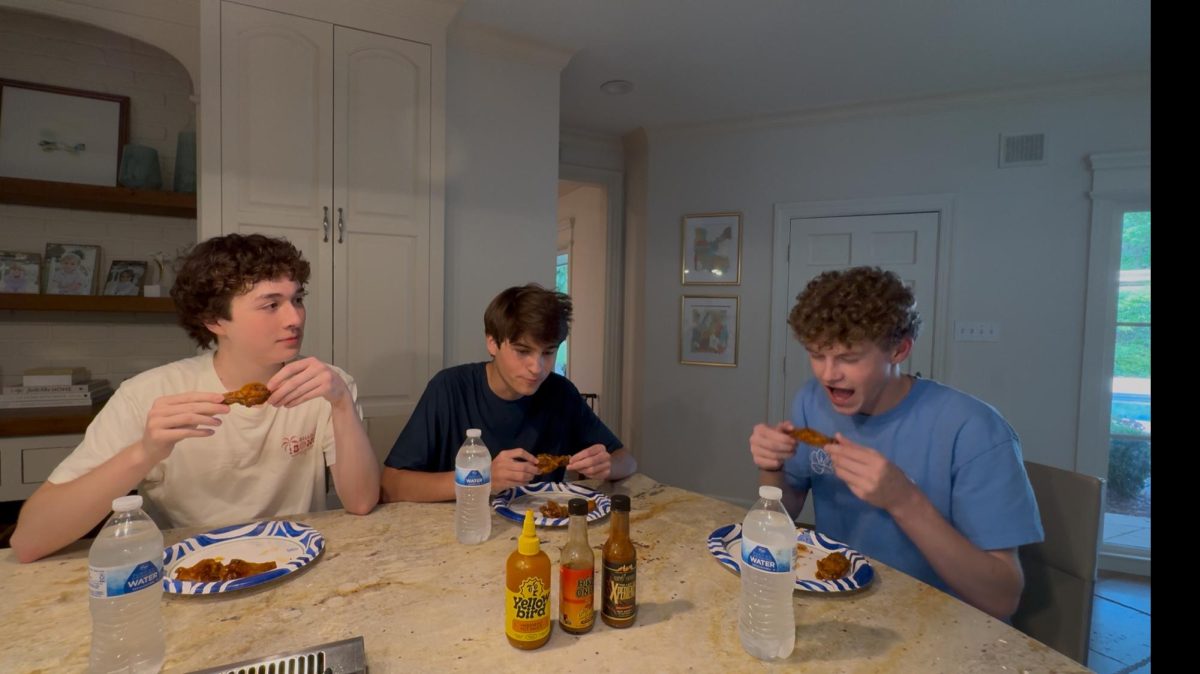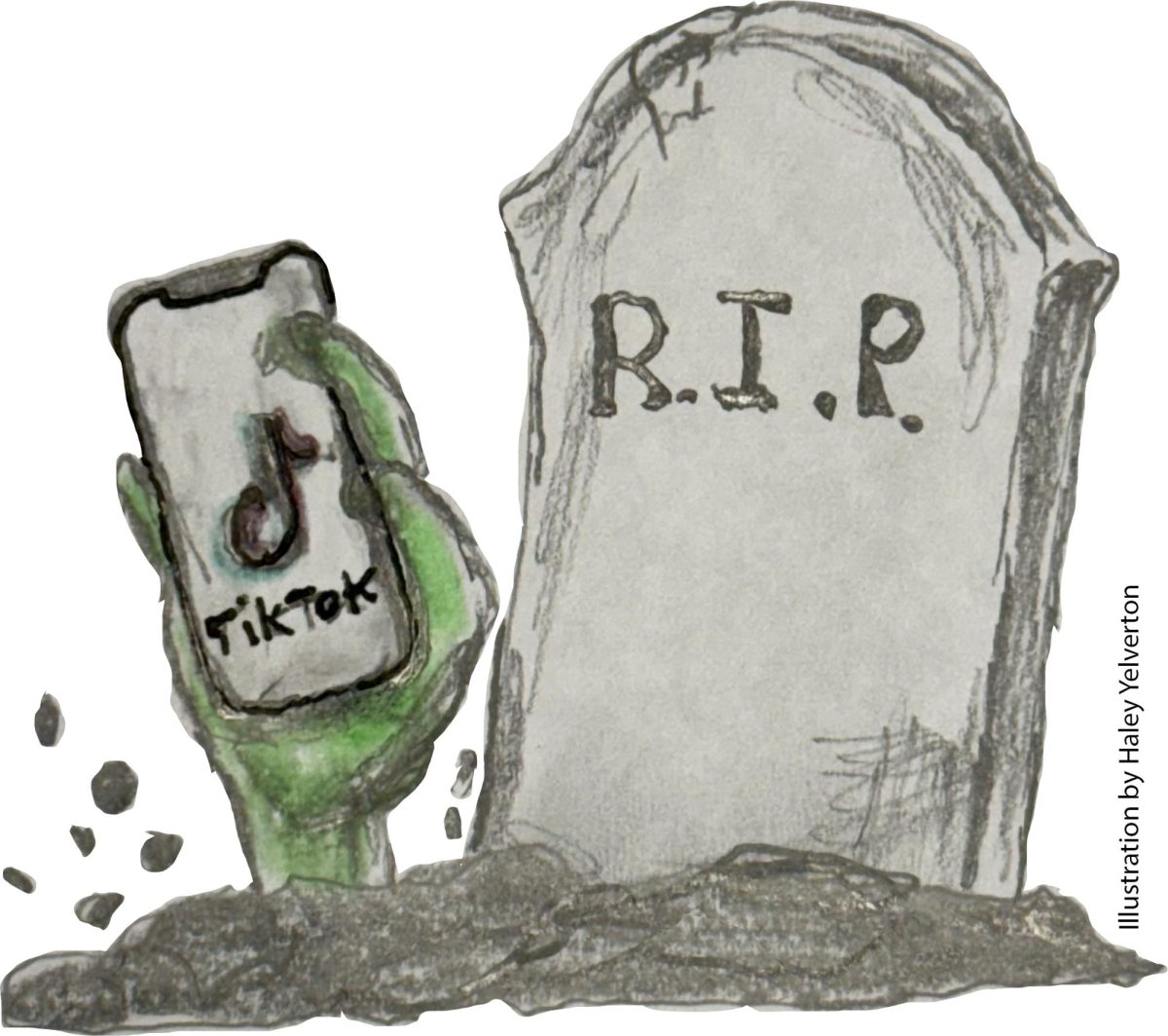Generational slang is a tale as old as time. For millennia, each wave of young people has crafted a new cultural lexicon that serves as the time capsule for their collective experiences. However, newer generations stand alone in the way they acquire their colloquialisms. In previous generations, Slang was primarily spread through movies, TV shows, music, or books. TikTok has completely changed the game when it comes to pop culture jargon.
In 2023, Oxford University Press named “Rizz” the word of the year, signaling a shift in the way the world views TikTok as not just a traditional social media platform but rather a powerhouse of the ever-evolving cultural conversation. “Rizz is a shortened version of the word charisma, commonly used to characterize someone as charming.”” The word’s rapid rise can be wholly attributed to TikTok’s fast-paced style. Dissimilar to older generations, whose catch-phrases and jokes took more time to disseminate, TikTok’s short-form videos coupled with its over 1 billion worldwide users, 60% of which are Gen Z, spending more time on it than any other app, allow for TikTok Slang to spread at an unprecedented rate. According to Fabio Duarte, associate director of the MIT Senseable City Lab, TikTok users spend about 58 minutes and 24 seconds on TikTok per day, accounting for about 6% of their waking hours. Additionally, this number is on the rise with daily use increasing by twice the amount since 2019.
It’s clear that TikTok Slang has become an increasingly popular mode of communication, but what exactly does it consist of? Like many previous generations of slang, there are words to indicate that something is likable or fashionable in some way. “Fire,” “Drip,” “Skibidi,” and “Slay” all contain this positive connotation. On the other hand, words such as “ick,” “yap,” “tweak,” and “cook,” have more negative connotations. “Ick” means to suddenly be repulsed by something that someone does. “Yap” means to excessively talk. “Tweak” means to panic or freak out, whereas “cook” means either to do something extremely well or to be in an extremely bad situation. Other words and phrases mean more niche things that one must be on TikTok for a good amount of time to understand. For example, calling something your “Roman Empire” means that it occupies your thoughts for an abnormal amount of time. The term originated from a 2023 TikTok in which influencer Sasika Cort prompted her followers to ask their male partners how often they thought about the Roman Empire, to which they mostly responded “a lot.” Another such example of this is the more recent “Raise Your Ya-Ya-Ya” clip. In this viral video, a music teacher is using unconventional methods to get her student to stop singing incorrectly, by having the student replace the lyrics to the song with the phrase “ya-ya-ya.”
While TikTok has a rather uncertain future, it is clear that its influence is ubiquitous in modern society. As an international app, TikTok has facilitated a culture of swift cross-cultural communication. The platform’s key ability to unite people from all walks of life under a dedicated global language is the cornerstone of its influence on the world. So, whether you see TikTok slang as your “opp” or the newest innovation in generational lingo, its influence on Gen Z is undeniably creative.









